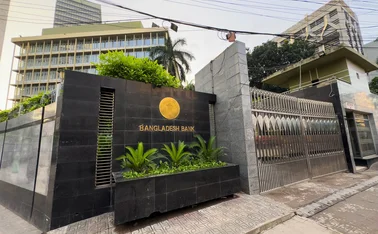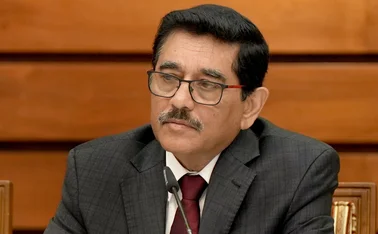
Sanctioned disobedience: the challenge of protecting whistleblowers
Most central banks have policies on whistleblowing, but practice and usage vary widely

Central banks in many countries enjoy a reputation for technocratic excellence and professionalism that often other state or private institutions may not. That reputation rests in part on the central bank’s commitment to upholding its mandate, the rule of law, and on the willingness of central bankers to report wrongdoing – either in regulated banks or the central bank itself. Similarly, central banks must be open to testimony from employees of private banks and other financial institutions
Only users who have a paid subscription or are part of a corporate subscription are able to print or copy content.
To access these options, along with all other subscription benefits, please contact info@centralbanking.com or view our subscription options here: http://subscriptions.centralbanking.com/subscribe
You are currently unable to print this content. Please contact info@centralbanking.com to find out more.
You are currently unable to copy this content. Please contact info@centralbanking.com to find out more.
Copyright Infopro Digital Limited. All rights reserved.
As outlined in our terms and conditions, https://www.infopro-digital.com/terms-and-conditions/subscriptions/ (point 2.4), printing is limited to a single copy.
If you would like to purchase additional rights please email info@centralbanking.com
Copyright Infopro Digital Limited. All rights reserved.
You may share this content using our article tools. As outlined in our terms and conditions, https://www.infopro-digital.com/terms-and-conditions/subscriptions/ (clause 2.4), an Authorised User may only make one copy of the materials for their own personal use. You must also comply with the restrictions in clause 2.5.
If you would like to purchase additional rights please email info@centralbanking.com







